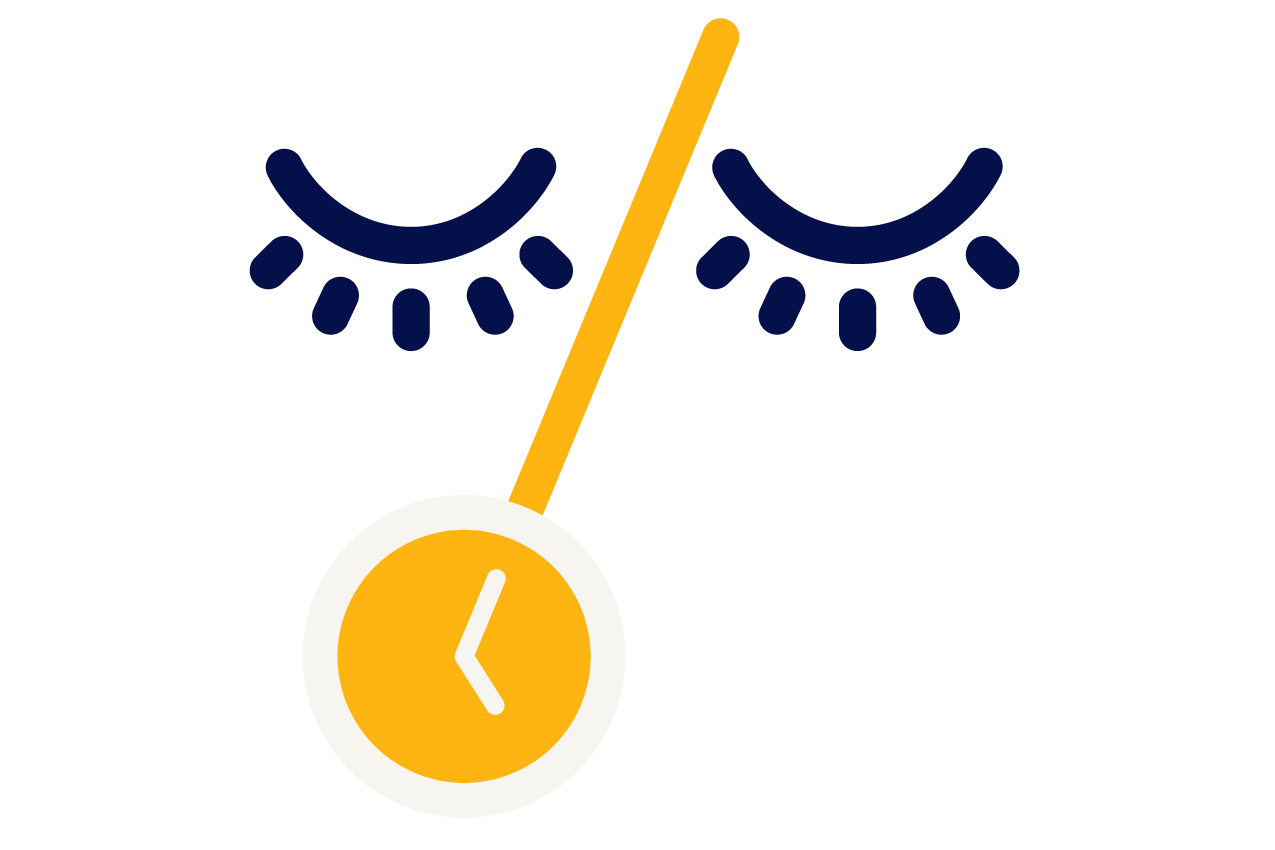In light of Coronavirus, it’s no surprise many of us are increasingly concerned about falling ill - leaving some individuals feeling more stressed and anxious than usual. These worries could be affecting our sleep at a time when getting a good night's sleep is important to our physical and mental well-being - in addition to being productive at work.
But what does “good” sleep even look like? When counting sheep, avoiding cheese before bed and not drinking after 6pm doesn’t work, what does?
7 to 9 hours a night for most adults is what’s counted as “good” sleep. So if you’re not clocking those precious sleep hours and you’re in need of some tips and tricks to help you doze off, we’ve got five to share with you!
- Get into a routine
- Avoid technology
- Darkness is your friend
- Relax, sleep, repeat
- Get active
Get into a routine.
Giving yourself a structured day can help you get the sleep you need. Start by working backwards - work out what time you need to wake up each day in order to achieve at least 7 hours of sleep - this will help with setting yourself a regular bedtime schedule.
Avoid technology.
Put down the phone! As hard as it is to tear yourself away from your TV, phone, tablets or any other tech device it will be good for you! The backlit 'blue light' displays suppress melatonin production – the hormone that helps you sleep; the suppression of melatonin causes sleep disruption. Don’t just take our word for it, read more about the science here.
Lights out.
Hello darkness, my old friend… turning the lights down low can help make you feel sleepy, a dark room lets your body know that it’s time to rest, allowing your “body clock” to kick in to help you drift off. If you’re living somewhere busy like the city, invest in some blackout blinds or heavy curtains - you won’t regret it.
Relax, sleep, repeat.
Stress can impact your life in many ways, including negatively affecting the quality of your sleep. It’s important to take out some time for yourself to help free your mind, you could pick up a book, enjoy a warm bath or shower, listen to soothing music or even get yourself organised for the next day. Check out Spotify’s wellness playlist to get you started or give our calming breathing exercise a go.
Get active.
Being physically active can help improve our sleep quality and duration whilst also helping our mental health by reducing stress and anxiety. We’ve put together some ‘easy to do at home’ exercises to help whilst the gym is a no go zone due to the pandemic.
